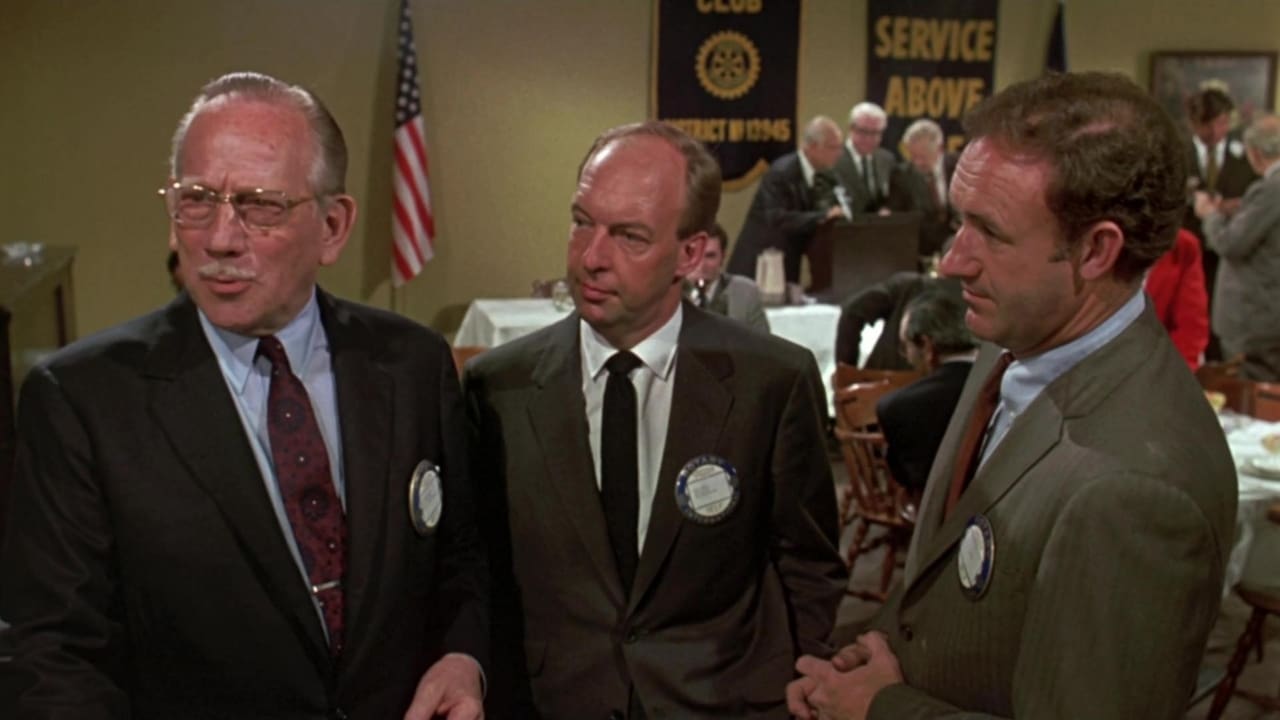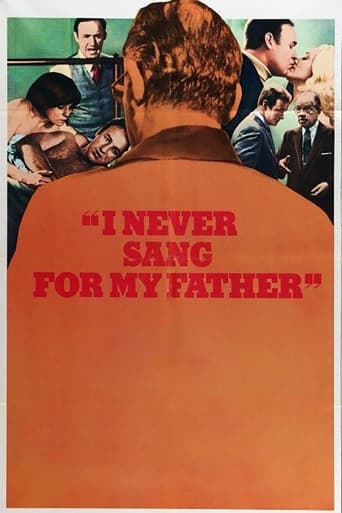BootDigest
Such a frustrating disappointment
StyleSk8r
At first rather annoying in its heavy emphasis on reenactments, this movie ultimately proves fascinating, simply because the complicated, highly dramatic tale it tells still almost defies belief.
Dirtylogy
It's funny, it's tense, it features two great performances from two actors and the director expertly creates a web of odd tension where you actually don't know what is happening for the majority of the run time.
Abegail Noëlle
While it is a pity that the story wasn't told with more visual finesse, this is trivial compared to our real-world problems. It takes a good movie to put that into perspective.
Rindiana
Watchable character study in the O'Neill vein though lacking a deeper resonance.The screenplay offers some emotionally captivating moments, though the plot development is much too telegraphed throughout. The dramatic situations work in themselves, but they're slightly too easy, too fabricated. The marvellous acting rings true and elevates the whole scenario.What a shame, then, that the heavy-handed direction tends to over-emphasize the characters' inner turmoils by way of obtrusive scoring, freeze frames, camera movements and the likes.Still worth a look for the Douglas-Hackman sparring alone.6 out of 10 gruesome nursing homes
rosesinbloom
...the idea that the family is in trouble long before the scene opens, by way of the title.I think the pivotal idea is in how each of us remembers certain events in life. The father remembers the relationship in one way, the son in another. Old age and parents experiencing end of life issues, families in turmoil - topical for today's baby-boomers.I would strongly recommend viewing it. I believe I saw it in 1971 when it appeared in theaters. Sad and sardonic, it plays to everyone or anyone who has had to take care of a parent with whom times were not always bright and sunny. In fact, relationships take on such dark, shadowy aspects it is too easy to get lost in the depths of remembered despair. I think Hackman's character shows sufficient torment - "do I love him or hate him for being the sad character he is now or for what I remember of him as a kid?" Which, if you are like others, the latter will be the more likely choice. We struggle with our consciences the whole of our lives, but even when the other dies, the object of our contention, we are still racked with guilt.
MarieGabrielle
as are the performances of Gene Hackman and Melvyn Douglas, who portray an alienated father and son, brought together after the death of Hackman's wife, and as his father is becoming in need of more medical assistance and attention.Anyone who has taken care of an elderly parent may be heartbroken by the performances in this film, as I was. Melvyn Douglas is at once critical, angry and resentful of his son, yet still hopes for his love, in the end. Gene Hackman is torn, whether to sacrifice his life, and ultimately feel better, having done the "right thing" or to marry his new fiancée.Estelle Parsons is always affecting, as she advises Hackman to "live his own life- why bother..." Therein lies the dilemma; people have to sort through issues like this everyday- there are no concrete answers. Highly recommended. 9/10
escape10
Perhaps that takes a bit of explaining, but seeing people get in cars without putting on seat belts was kind of a shock. I guess I'm just too used to today.the movie wasn't bad but kind of a hackneyed story. Mom is great, but dies; Dad is hard hearted but tries to pass it off as 'taking care of the family.' A bit hokey when the old man cries (I actually think it was intended to look phony), as he is really a hard guy. No one could 'love' that SOB.

